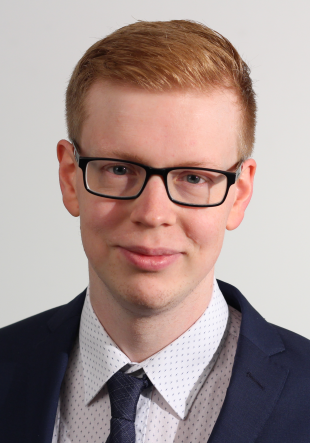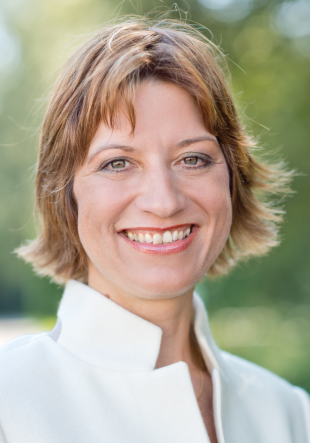Mitigating climate change while simultaneously improving economic performance �C this is currently one of the biggest challenges many companies are facing. Lightweight construction is considered a key technology for achieving this goal, in particular in the mobility sector. This special design method keeps the product weight as low as possible, thereby cutting both material costs and CO2 emissions during vehicle operation. However, emission-intensive manufacturing and recycling processes are often left out of the equation. In the joint project ��Bionics and AI for sustainable integration of product development for resource-efficient lightweight construction�� (BIKINI), researchers from Paderborn University are working together with partners from research and industry on a solution to achieve sustainability along the entire process chain and over the entire lifecycle of a product. In addition to Paderborn University��s Department of Product Development and Department of Computer Application and Integration in Design and Planning (C.I.K.), the consortium includes the companies EDAG Group, Additive Marking GmbH, Atos Germany, Krause DiMaTec GmbH and RHaug GmbH, as well as the Alfred Wegener Institute (AWI). The three-year project kicked off in September. It is funded by the German Federal Ministry for Economic Affairs and Energy (BMWi) with almost �4 million.
Leveraging artificial intelligence and bionics for more efficient development processes
��Evaluation criteria such as costs and performance are already taken into account when developing lightweight products. We now want to expand this catalogue of criteria to include sustainability factors such as carbon footprint, use of resources in the manufacturing process and recyclability of the materials used,�� explains Daniel Preu?, a research assistant at the Department of Product Development at the Heinz Nixdorf Institute, headed up by Professor Iris Gr??ler. In order to take these factors into account as early as when planning and designing individual components or complex structures, new development concepts are required. Established processes such as the computer-aided creation of designs and technical drawings (CAD construction) are therefore to be supplemented with additional elements. Bionics �C a science in which principles and phenomena from animate nature become the model for technical developments �C and artificial intelligence (AI) serve as the basis for innovative algorithms and assistance services. ��We��re particularly looking forward here to our co-operation with the Alfred Wegener Institute, with its many years�� experience in bionic lightweight construction,�� adds Manuel Ott, a research assistant at the C.I.K., headed up by Professor Rainer Koch.
On this basis, a semi-automated process is to be developed to facilitate the rapid adaptation and optimisation of product designs, without the need to carry out extensive new development. This should not only save time, but also improve sustainability. Manufacturing processes or materials that are, for example, only appropriate in the introductory phase of a product, from a climate and economic point of view, can therefore be replaced in later phases of the product��s life, quickly and easily.
Innovative consortium with a variety of skills and expertise
��The close co-operation between research and industry results in completely new solutions, thanks to the wide variety of skills and expertise in AI and bionics. These solutions are necessary to ensure that social and ecological sustainability does not have a negative impact on economic competitiveness, but rather strengthens it,�� says project leader Sebastian Fl��gel from the EDAG Group. For instance, together with Krause DiMaTec GmbH, the team from Paderborn University is responsible for devising criteria to help evaluate and weigh up conflicting requirements from an economic and sustainability perspective. The findings are validated based on historical data from the project��s industry partners, expert workshops and interviews and are subsequently applied in algorithms. These algorithms automate collection and verification of the requirements and sustainability of a given product, thereby facilitating continuous optimisation of product development results.
��With this project, we want to make a significant contribution to meeting sustainability and climate goals without having to impose uneconomical restrictions. This also helps make regional, high-quality and fast production economically feasible in industries that have to date primarily manufactured products in low-wage countries,�� sums up Professor Iris Gr??ler.








